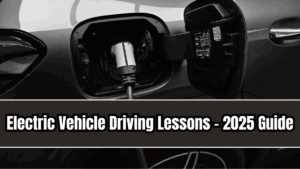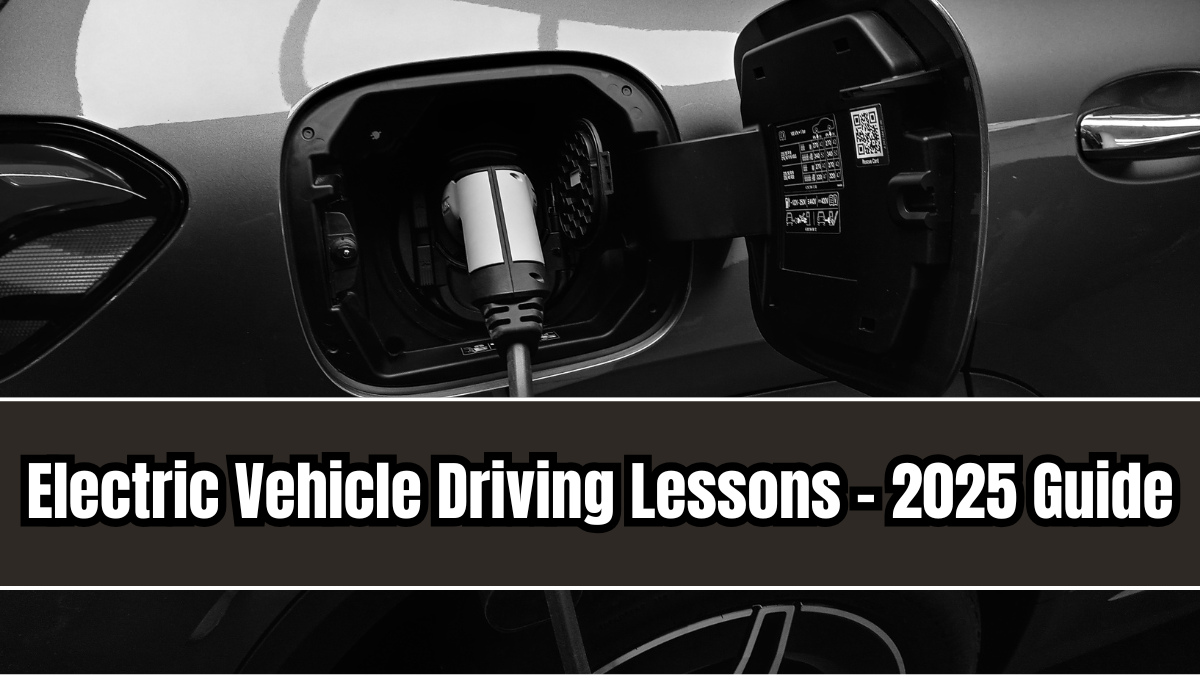The rapid adoption of electric vehicles (EVs) has created a new demand for specialized training across India. Recognizing this need, the government and private driving schools have introduced EV Driving Lessons 2025, ensuring drivers are equipped with the skills and knowledge required for safe and efficient electric car usage. From battery management to regenerative braking, these lessons cover all aspects of modern EV driving.

Why EV Driving Lessons Are Important
Driving an EV is different from operating a conventional petrol or diesel vehicle. Some of the key differences include:
-
Instant Torque: Electric cars accelerate faster and require better control.
-
Regenerative Braking: Drivers must adapt to braking systems that recharge the battery.
-
Silent Operation: Lack of engine sound can impact driving awareness.
-
Battery Management: Understanding range, charging, and efficiency is essential.
-
Technology Integration: EVs are often equipped with advanced infotainment and safety systems.
With these differences in mind, specialized EV driving lessons prepare drivers for the future of mobility.
Key Features of EV Driving Lessons 2025
Driving schools in 2025 are offering structured programs focused on:
-
Basics of EV Operation: Starting, stopping, and handling silent acceleration.
-
Charging Procedures: Using home chargers, fast chargers, and public charging stations.
-
Battery Efficiency Training: Techniques to maximize range, including eco-driving habits.
-
Regenerative Braking: Learning to control and optimize braking for smoother driving.
-
Safety Protocols: Handling emergencies, battery care, and fire safety awareness.
-
Smart Technology Use: Training on EV dashboards, navigation, and AI-assisted systems.
Government and Private Initiatives
The government of India has partnered with certified driving schools to include EV lessons in licensing programs from 2025. Private institutions and automobile manufacturers are also launching specialized training centers, offering both short-term and advanced EV courses. Some states are providing subsidies and incentives to encourage more people to undergo EV training.
Benefits for Drivers
Learning to drive an EV comes with multiple advantages:
-
Improved confidence in handling electric cars
-
Better understanding of charging infrastructure
-
Increased safety awareness for high-voltage systems
-
Enhanced driving efficiency and extended battery life
-
Eligibility for jobs in EV-based transportation services (taxis, fleets, logistics)
Future of EV Training in India
As EV adoption rises, driving schools are expected to expand courses to include electric two-wheelers, buses, and commercial vehicles. With the push for sustainability, EV driving lessons will soon become a mandatory part of licensing across the country.
Final Thoughts
The Electric Vehicle Driving Lessons – 2025 Guide demonstrates India’s readiness for the EV revolution. By training drivers in battery management, safety, and technology use, these programs ensure smooth adoption of electric mobility and contribute to a greener future.
FAQs
Are EV driving lessons mandatory in 2025?
In many states, EV-specific modules have been added to licensing programs, and they are expected to become mandatory nationwide soon.
What is the main difference between EV and petrol car driving lessons?
EV lessons focus on instant torque handling, regenerative braking, charging, and battery management, unlike petrol cars.
Can beginners learn to drive directly on EVs?
Yes, beginners can learn on EVs, but instructors recommend understanding the basics of vehicle handling first.
Do EV lessons include charging station training?
Yes, lessons cover home charging, fast charging, and safe use of public charging infrastructure.
Are EV driving lessons more expensive than regular ones?
Generally, they are slightly costlier due to specialized vehicles and equipment, but many schools offer affordable packages.
Click here to know more.




